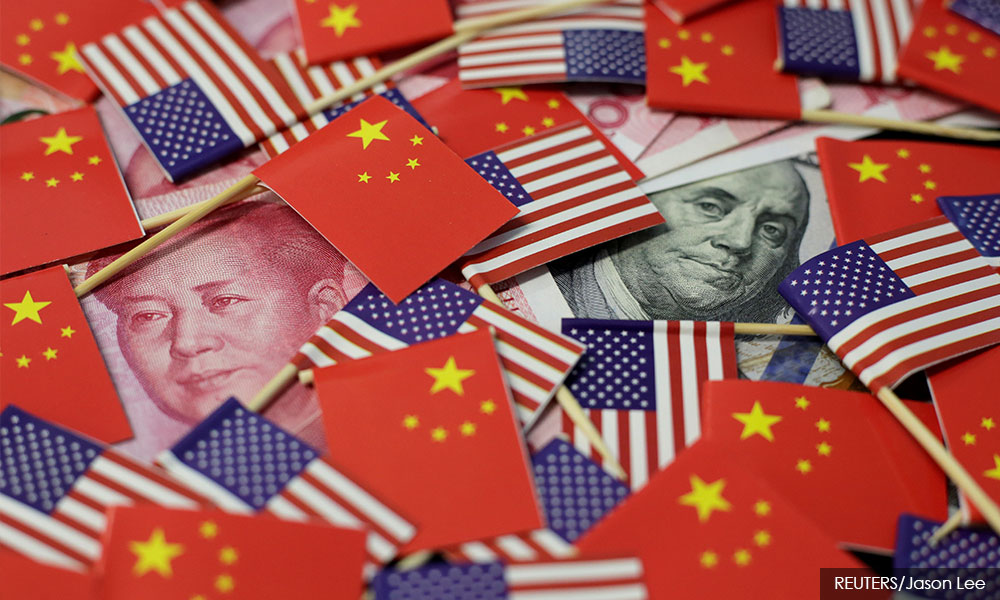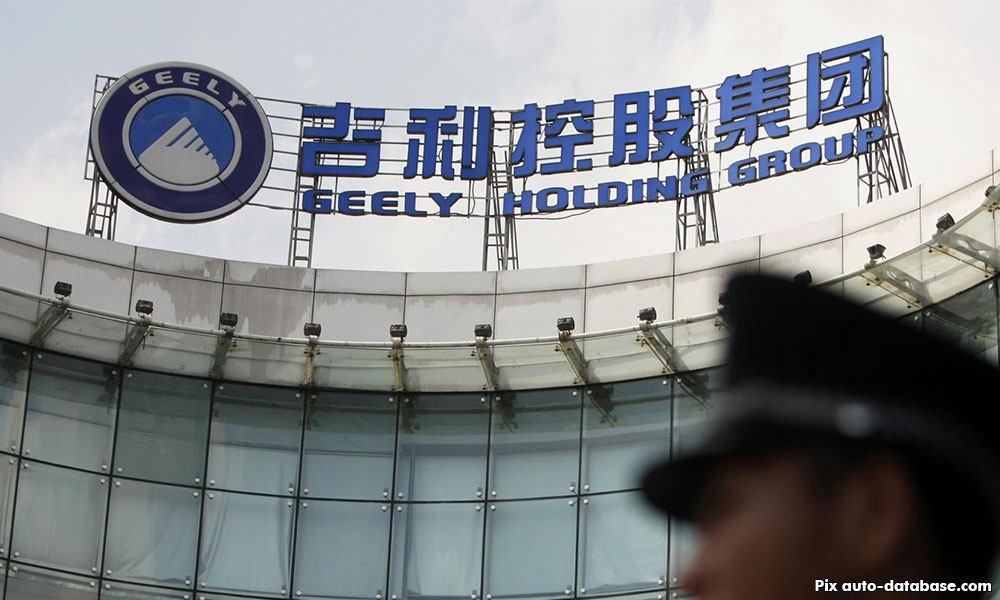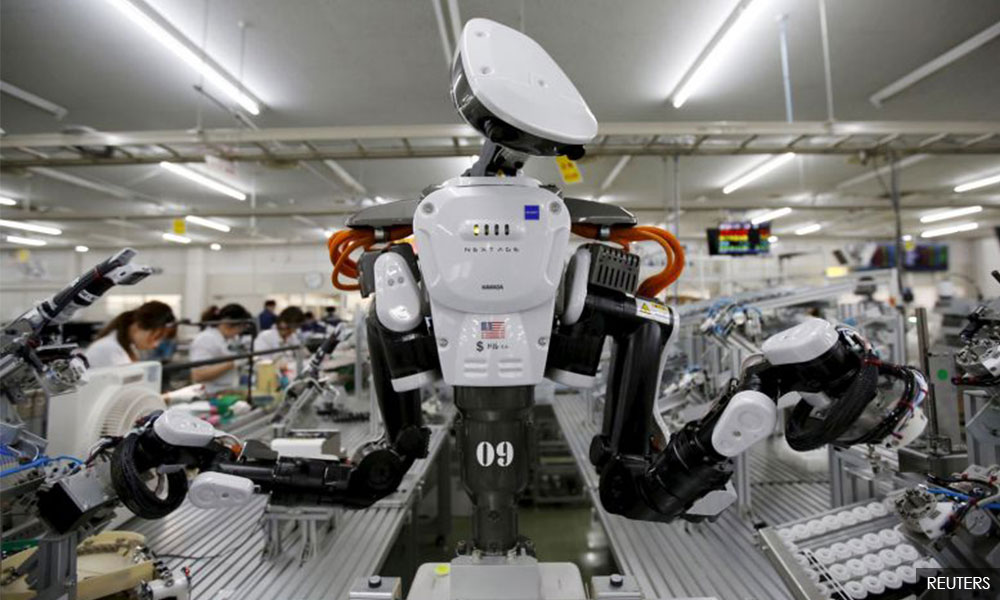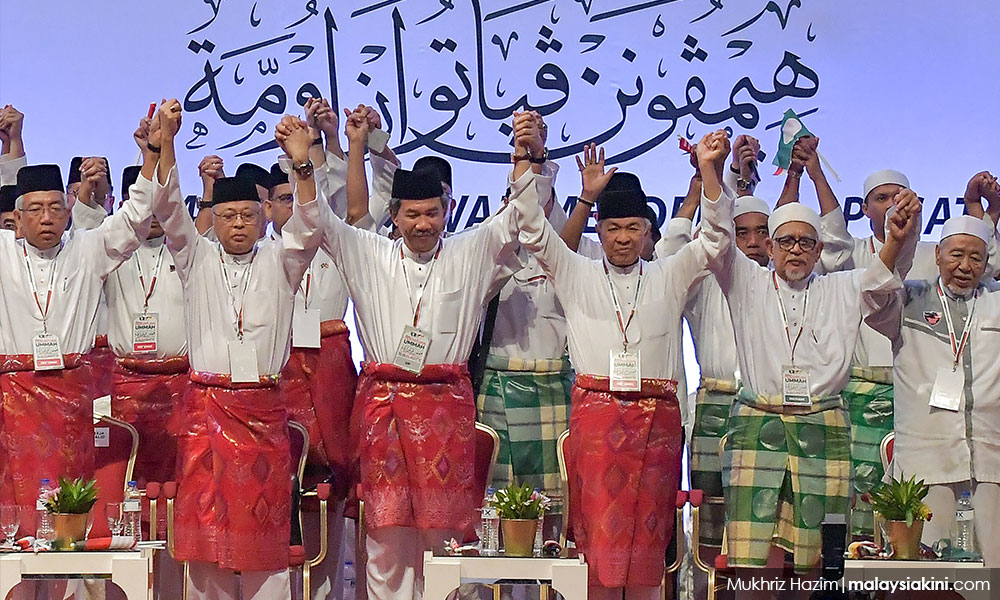
Published by Malaysiakini & Sin Chew, images from Malaysiakini.
Indonesian President Joko Widodo once used the phrase “Winter is Coming” at the height of his electoral campaign against his opponent Prabowo Subianto. When Jokowi used it, he created a major storm in Indonesia.
All Indonesians went wild, the president likes the “Game of Thrones” series. That phrase, “winter is coming”, was a warning by President Jokowi if Indonesia, which already has a trillion US dollar GDP, does not buck up with reforms and more reforms, the country would be affected by the wintry conditions of global economy due to a combination of Sino-US trade war and disruptive economic turbulence.
So is “winter” coming to Malaysia too?
Yes. The global economic situation will affect Malaysia in four ways. Firstly, to the extent the Sino US trade war continues to fluctuate, creating a pattern of peaks and valleys in global stock markets, new digital startups will find difficulties to raise the necessary level of funds through their initial public offerings(IPO). When there are fewer startups and less access to capital which can spur the creation of a digital economy, Malaysia will lose out from the lack of such connectivity, whose prime goal is to reduce the cost of any redundant economic activities. Malaysia, in this sense, will be affected by the Sino-US trade war and its impact on the 4th Industrial Revolution.
Secondly, if the global economy is not conducive to higher growth, as driven by digitisation and Sino-US deregulation but is instead susceptible to a structural cycle of booms and burst in Sino-US trade, then Malaysia will not have the right external stimulus from these two countries primarily to become a high-income nation.
Thirdly, while Chinese factories can and will relocate to Malaysia, largely to avoid the onerous tax burdens imposed by the United States on them, this is not something that can happen overnight. Even if these Chinese factories are in Malaysia, high-end manufacturing of their products can still be subjected to higher Western and US scrutiny too.
Therefore, while Malaysia is considered by World Bank as one of the four countries that can gain from the Sino-US trade war, the others being Vietnam, Chile and Argentina, the gains will be short term. There is no telling when will the benefits of China accrue or when will they end. Malaysia itself has to buck up.

Finally, China has insulated itself from the global economic turbulence by relying on domestic consumption of up to 72.8 percent. While Chinese consumers still have a craving for Western products, the Chinese are increasingly shopping online to get their own high-end handsets, cellphones, clothes, food and the works that are made in China.
In order to benefit from the affluence of Chinese consumers, Malaysia has to make Chinese feel welcome or at least sufficiently attracted to the “Malaysia As A Destiny of Choice for Investments Programme” to want to become top investors here.
Indeed, Malaysia can only avoid the global economic winter triggered by Sino-US trade war if the country itself is focused on four things too.
Our students must first be trained in robotics and automation without fail, as this is a wave of the future that cannot be avoided. Even if new Chinese factories are relocated to Malaysia, robotics and automation remain increasingly critical in the original engineering of all manufacturing.
Secondly, Malaysians from all walks of life have to take artificial intelligence seriously at school. Malaysians must have a basic understanding of the supply chain of new knowledge. Artificial intelligence is now a part of this supply chain, which no one can do without.

Thirdly, while algorithms have been covered in the secondary syllabus of the Malaysian education system since the 1980s, students have to understand the concept of algorithms from a commercial standpoint or usage. Without this understanding, the Malaysian economy will not be able to make it to the top.
Thus, students must know how these algorithms are applied in the real world to sustain and create Internet commerce through various “apps” or “applications”.
Lastly, Malaysians have to be ready for the revolution of data science or big data. The latter comes in different varieties, volumes, veracities and velocities. Unless all Malaysians understand the importance of the “4 Vs”, Malaysia would indeed face the full impact of a global economic recession in future, as and when the Sino-US trade war continues it’s patterns of starts and restarts.
As of now, a global economic recession in 2020 is not a certainty yet. This is due to the collective global response that has been taken. For example, 30 central banks across the world have lowered their interest rates
As it is, thePeople’s Bank of China – China’s central bank – has reduced the reserve requirements of all banks in China by a basis point of 0.50, which can allow all commercial banks in China to borrow and lend more than US$160 billion to shore up the Chinese economy.
Yet, such monetary measures cannot last indefinitely. Malaysia needs to be always sturdy and be ready economically in the face more Sino-US economic friction.
Dr. Rais Hussin is President & CEO of EMIR Research, an independent think tank focused on strategic policy recommendations based upon rigorous research.
刊登在:星洲网 (Sin Chew).
“凛冬将至”,佐科威在竞选连任总统的时候说过。当佐科威使用这个词汇时,他在印尼制造了一场大风暴。
印尼人为此疯狂:佐科威实际上是引用《权力的游戏》。这句话(凛冬将至)是佐科威在今年初发出的警告,指已经达到1兆美元国内生产总值的印尼,如果不振作起来并进行更多的改革,该国将因为受到全球经济和中美贸易战的影响而面临凛冬。
大马也会面临“凛冬”吗?会的。全球经济形势将以4种方式影响大马。一,在中美贸易战继续波动的形势下,在股票市场制造了一种高峰和低谷的模式,随后影响全球范围,新数码新创企业将发现他们很难通过首次公开募股(IPO)来筹集资金。当越来越少新创企业出现,或进入资本市场以刺激数码经济发展时,以降低任何多余经济活动成本为主要目标的大马将因此失去连接性。大马在此形势下将会受到中美贸易战及其对第四次工业革命的影响。
二,如果全球经济不利高增长,在数码化和中美取消管制的驱动下,现在更容易受到中美贸易繁荣和爆发的结构性循环的影响,那大马将无法从这两个主要经济体那里获得适当的外部刺激以成为高收入国。
三,虽然中国工厂可以迁至大马,以避免美国加增的繁重关税,但这不可能在一夜之间发生。即使中国工厂在大马,这些产品的高端制造仍然可能受到西方和美囯的审查。因此,虽然世界银行认为大马可以从中美贸易战中获益的四个国家之一,其他国家是越南、智利和阿根廷,但收益将是短期的。没有人知道中国方面何时会带来利益,或何时会结束,大马必须做好准备。
四,中国依靠国内消费来摆脱全球经济动荡;高达72.8%。如今,虽然中国消费者仍然渴望购买西方产品,但随着越来越多中国人上网购物,以购买高端手机、服饰、食物和其他中国制造的产品。为了从富裕的中囯消费者中受惠,大马必须让中国人感受到宾至如归;至少足以吸引他们选择大马成为投资计划的首要目标,以成为大马最大的投资国。
实际上,如果大马可以关注这4件事,我国就能够避免中美贸易战所引发的全球经济凛冬。
首先,学生必须接受机器人和自动化方面的培训,因为这是一场无法避免的未来浪潮。即使新中国工厂设在大马,机器人或自动化在所有制造业的原始工程中仍然越来越重要。
其次,来自各行各业的大马人必须在学校认真对待人工智能。大马人必须对新知识的供应链有基本的了解。
人工智能现在是这个供应链的一部分,没有人可以缺少它。
第三,尽管自20世纪80年代开始,大马教育制度的中学课程有教导演算法,但学生必须从商业立场或其用法来了解演算法的概念。如果缺乏了解,大马经济将无法变好。
因此,学生必须知道如何在现实世界中应用演算法,从而,将其拓展和运用在互联网商务的各种“应用程序”中。
最后,大马人必须为数据科学或简称大数据的革命做好准备。后者有着不同程度的多样性(varieties)、规模(volumes)、质量(veracities)和速度(velocities)。除非所有大马人都了解这4V的重要性,否则当中美贸易战反复持续下去,大马确实将受到未来全球经济衰退的全面影响。
截至目前,2020年的全球经济衰退情况还不太确定。这是由于全球国家已经采取集体应对措施。举例来说,30%世界各地的中央银行,已经调低了利率。
事实上,中国人民银行已经将中国所有银行基准利率下调了50个基点;这允许所有中国商业银行借贷超过1600亿美元来支撑中国经济。
然而,这种货币措施不能无限期地持续下去。大马由始至终都需要在经济上做好准备,以应付中美经济的更多摩擦。
莱斯福贤是EMIR Research的总裁兼首席执行官,EMIR Research是一个独立的智囊团,专注于根据严格的研究提出战略政策建议。

